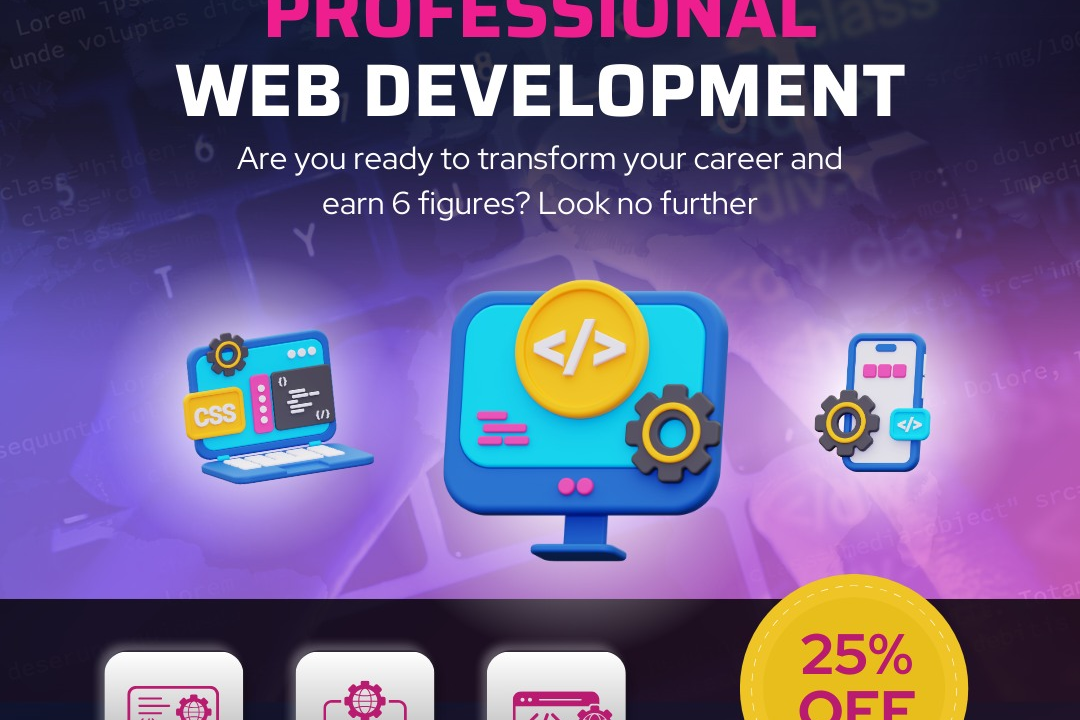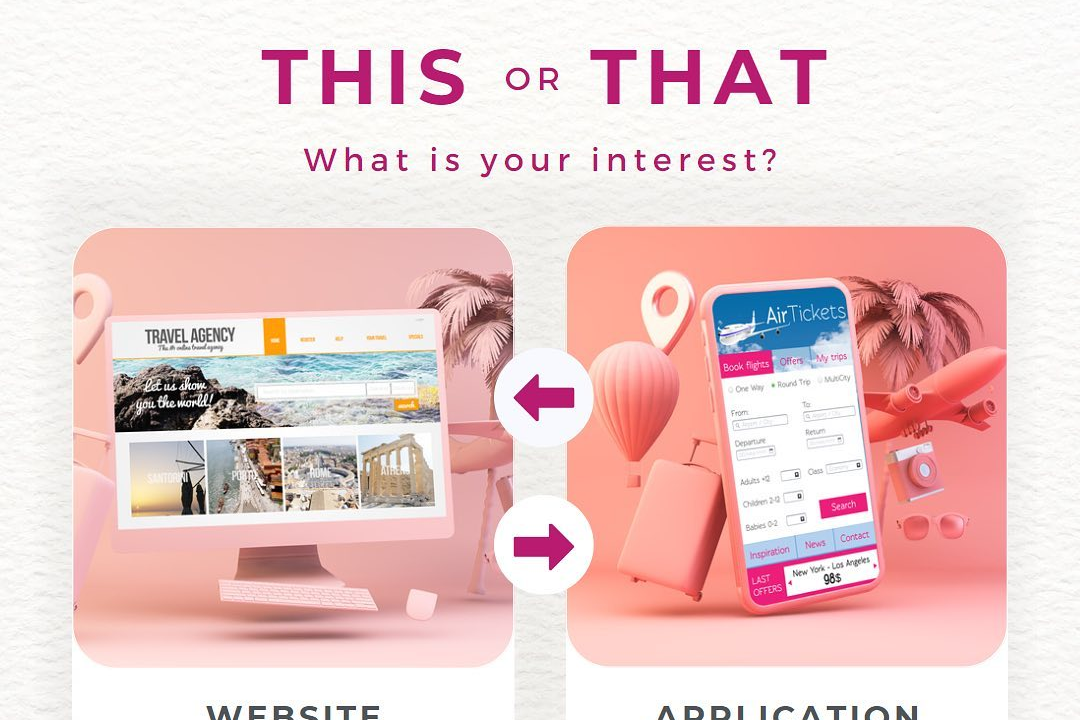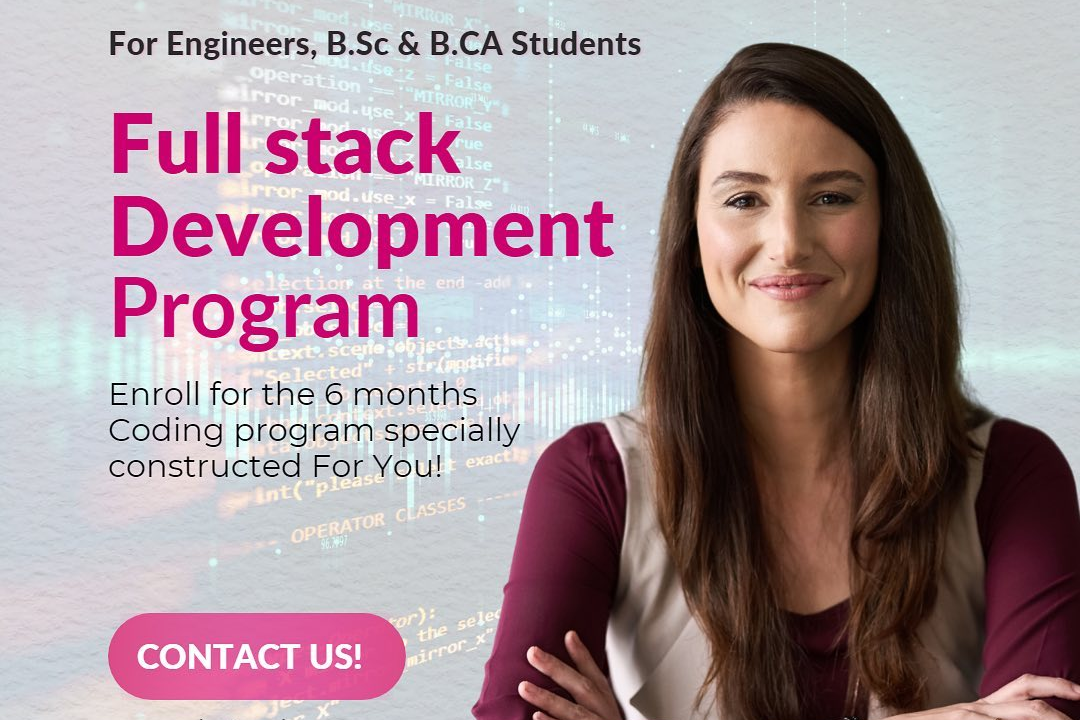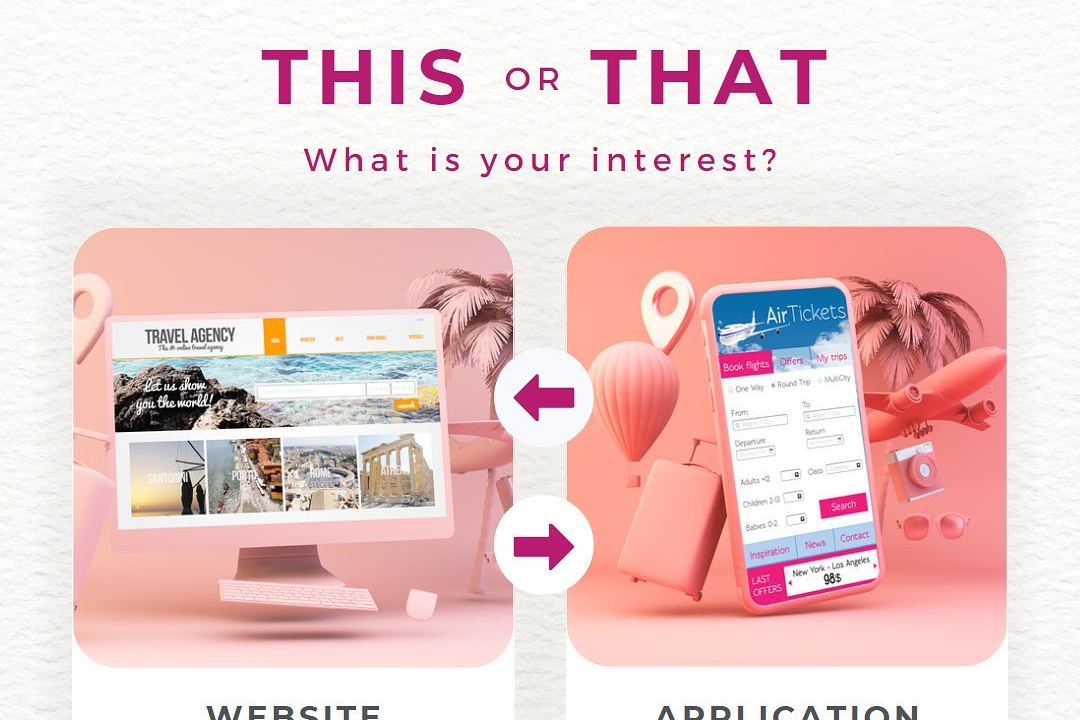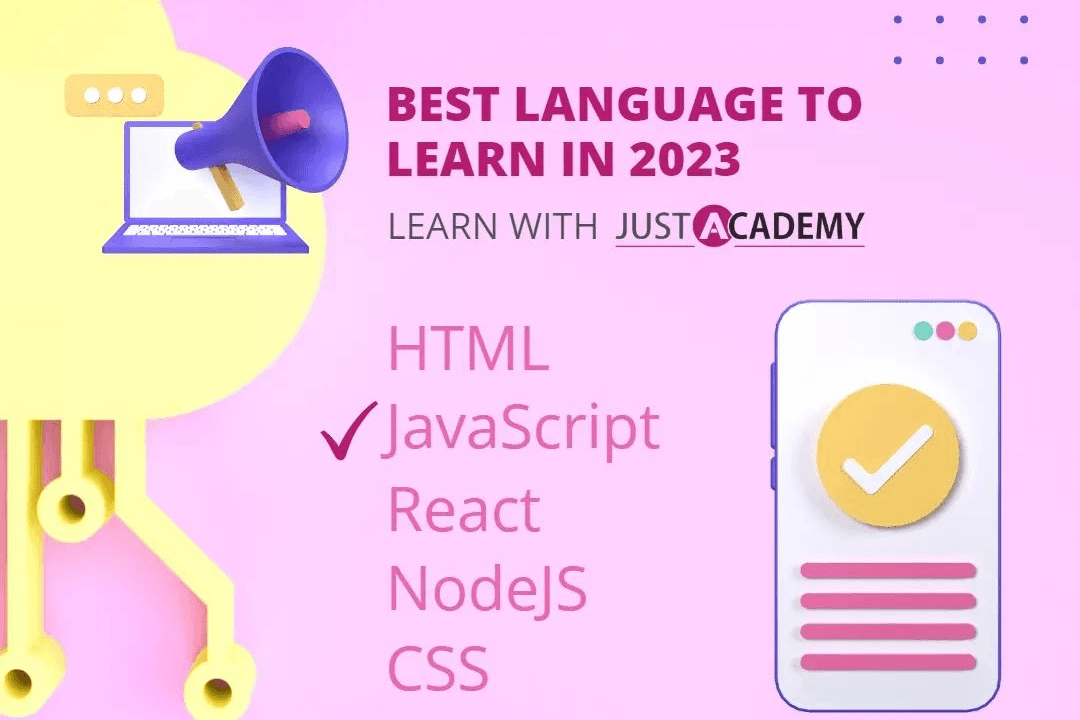React Native Basic Interview Questions
React Native Interview: Common Basic Questions
React Native Basic Interview Questions
React Native is a popular cross-platform mobile app development framework used to build native-like applications for both iOS and Android using a single codebase written in JavaScript. It is widely used due to its efficiency, providing a smooth user interface, reduced development time, and cost savings. React Native leverages the React library and is particularly useful for developing complex mobile applications with interactive UIs, real-time data updates, and seamless integration with native device features.
To Download Our Brochure: https://www.justacademy.co/download-brochure-for-free
Message us for more information: +91 9987184296
1 - What is React Native?
React Native is a JavaScript framework for building mobile apps. It uses the same design principles as React, making it easy to write code that runs on both iOS and Android.
2) What are the advantages of using React Native?
Some of the advantages of using React Native include:
Fast development: React Native uses a declarative approach to UI development, which makes it quick and easy to build complex user interfaces.
Code reusability: React Native components can be reused across platforms, which saves time and effort.
Native performance: React Native apps run natively on the device, providing a smooth and responsive user experience.
3) What are some of the challenges of using React Native?
Some of the challenges of using React Native include:
Limited access to native features: React Native does not have access to all native features, which can limit the functionality of apps.
Steep learning curve: React Native can be a complex framework to learn, especially for beginners.
Debugging difficulties: Debugging React Native apps can be challenging, especially when dealing with native code.
4) What are some popular React Native apps?
Some popular React Native apps include:
Airbnb
Uber
Discord
Strategies to Increase Your Points:
Referral programs:
- Refer new members to your rewards programs and earn points for each successful referral.
- * Partner with other businesses to offer cross promotions and facilitate referrals.
- Purchase history:
- * Make frequent purchases from participating retailers or service providers.
- * Spend more money on eligible transactions to accumulate points faster.
- * Consider using multiple rewards cards or accounts to maximize point earnings.
- Loyalty initiatives:
- * Join loyalty programs offered by your favorite brands and retailers.
- * Participate in loyalty challenges or promotions that offer bonus points for specific actions.
- * Maintain a high level of engagement with loyalty programs to earn tiered rewards and exclusive offers.
- Events and promotions:
- * Attend special events or promotions hosted by reward programs.
- * Take advantage of double points days or limited time offers to boost your point balance.
- * Participate in contests, sweepstakes, or giveaways that award points as prizes.
- Credit card usage:
- * Use a credit card that offers rewards points for purchases.
- * Choose cards with high point earning rates or bonus categories that align with your spending habits.
- * Pay off your credit card balances in full each month to avoid paying interest and maximize point accumulation.
- Partnerships and collaborations:
- * Explore partnerships with businesses that offer complementary services or products to your own.
- * Offer joint loyalty programs or cross promotion opportunities to increase your point earning potential.
- Other tactics:
- * Use mobile apps or online portals to track your points balance and redeem rewards.
- * Consider using a rewards aggregator app that links to multiple loyalty programs.
- * Check for hidden point earning opportunities, such as surveys or online activities.
- * Research and compare different rewards programs to identify those that offer the best point to reward ratio.
- Course Overview
- Learn the fundamentals of React Native with this beginner-friendly course. Get a thorough understanding of core concepts, component structure, styling, and state management. Master essential debugging techniques and explore advanced topics like navigation and animations. Enhance your understanding with real-world coding exercises and prepare effectively for entry-level React Native developer interviews.
- Course Description
- This course prepares individuals for React Native interviews by providing a comprehensive overview of fundamental concepts and common interview questions. Covering topics including component lifecycle, state management, navigation, and performance, the course equips learners with the knowledge and skills necessary to confidently answer technical questions and demonstrate their proficiency in React Native.
- Key Features
- 1 - Comprehensive Tool Coverage: Provides hands-on training with a range of industry-standard testing tools, including Selenium, JIRA, LoadRunner, and TestRail.
- 2) Practical Exercises: Features real-world exercises and case studies to apply tools in various testing scenarios.
- 3) Interactive Learning: Includes interactive sessions with industry experts for personalized feedback and guidance.
- 4) Detailed Tutorials: Offers extensive tutorials and documentation on tool functionalities and best practices.
- 5) Advanced Techniques: Covers both fundamental and advanced techniques for using testing tools effectively.
- 6) Data Visualization: Integrates tools for visualizing test metrics and results, enhancing data interpretation and decision-making.
- 7) Tool Integration: Teaches how to integrate testing tools into the software development lifecycle for streamlined workflows.
- 8) Project-Based Learning: Focuses on project-based learning to build practical skills and create a portfolio of completed tasks.
- 9) Career Support: Provides resources and support for applying learned skills to real-world job scenarios, including resume building and interview preparation.
- 10) Up-to-Date Content: Ensures that course materials reflect the latest industry standards and tool updates.
Benefits of taking our course
Functional Tools
Tools Used in Course: ‘React Native Basic Interview Questions’
1 - React Native: A JavaScript framework for building mobile apps using a single codebase for both iOS and Android.
2) Expo: A toolchain that provides a set of tools and libraries to simplify the development, debugging, and deployment of React Native apps.
3) React Native Elements: A library of pre styled components that follow Material Design guidelines, providing a consistent user interface across different platforms.
4) Redux: A state management library that allows for the management of application state in a predictable and efficient manner.
5) Redux Toolkit: A simplified interface for Redux, offering a set of pre built tools and utilities to streamline state management.
6) Jest: A testing framework for JavaScript and React Native applications, enabling the creation of unit tests, integration tests, and end to end tests.
7) Enzyme: A testing utility for React Native components, providing methods for mounting, rendering, and interacting with components in a testing environment.
8) Detox: An end to end testing framework for React Native apps, allowing users to write tests that simulate user interactions on the device.
9) Storybook: A tool for building and testing UI components in isolation, helping to develop and maintain consistent and reusable code.
Ways to Get More Points
On Google Maps:
- Contribute to the map: Add new places, edit existing information, and report issues.
- Write reviews:* Share your experiences with businesses and places.
- Answer questions:* Provide helpful information to other Google Maps users.
- Upload photos and videos:* Add visual content to make the map more informative.
- Become a Local Guide:* Earn exclusive benefits by contributing regularly to Google Maps.
- On Google My Business:
- Optimize your profile:* Ensure your business information is accurate and complete.
- Get verified:* Claim your business to build trust and increase visibility.
- Add photos and videos:* Showcase your business and attract potential customers.
- Respond to reviews:* Engage with customers and address any concerns.
- Create Google Posts:* Share updates, promotions, and events to attract attention.
- On Social Media:
- Engage with followers:* Respond to comments, ask questions, and share valuable content.
- Run contests and giveaways:* Generate excitement and attract new followers.
- Collaborate with influencers:* Partner with influencers to promote your content to a wider audience.
- Use relevant hashtags:* Make your content discoverable by using industry specific hashtags.
- Run targeted ads:* Reach specific audiences with tailored campaigns.
- Other Ways:
- Participate in online communities and forums:* Engage in discussions and offer your expertise.
- Attend industry events and meetups:* Network with professionals and exchange ideas.
- Submit guest posts to relevant websites:* Share your knowledge and establish yourself as an authority.
- Create valuable content:* Write articles, blog posts, and videos that provide useful information to your target audience.
- Use point earning apps:* Sign up for apps that reward you for completing tasks, such as watching ads or taking surveys.
Browse our course links : https://www.justacademy.co/all-courses
To Join our FREE DEMO Session:
This information is sourced from JustAcademy
Contact Info:
Roshan Chaturvedi
Message us on Whatsapp:
Email id: info@justacademy.co
Latest Flutter Interview Questions In 2025



